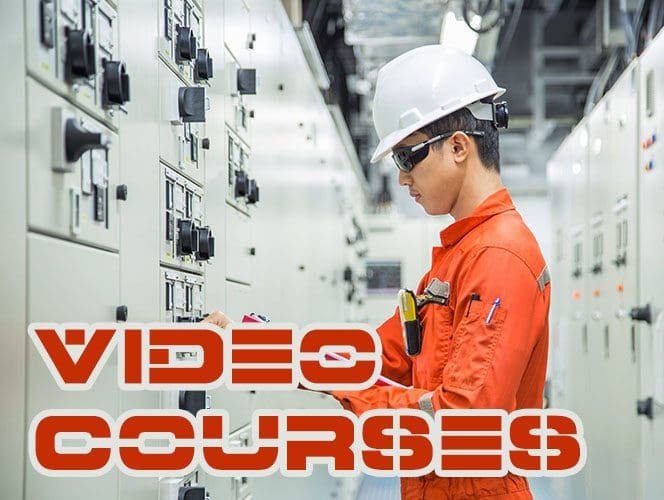Standards
Compliance with National and International standards ensures the safety of electrical appliances and minimises the risk to life, health and the possibility of fire. In some countries component approval to the relevant National standard is compulsory but in others it is the responsibility of the manufacturer to ensure that the design and manufacture of products complies with applicable National standards. (see fig 9.1).
Approval authorities will sometimes wish to confirm compliance with the regulations by carrying out tests in their own laboratory and may want to monitor production and processes regularly to confirm ongoing compliance. In addition to industrial standards and specifications, there are particular specifications for military use. The most important of these are the MIL-standards.
International standards
The importance of National regulations and standards is being reduced as harmonisation with international associations such as IEC (International Electrotechnical Commission) or CENELEC, the European counterpart, increases.
European standards
Unified standards are a basic requirement for the international exchange of goods and services. For more than 30 years many countries, especially in Europe. have worked towards the harmonisation of technical regulations.
CENELEC was founded in 1973 and members are the national electrotechnical committees of Austria, Belgium. Denmark. Finland, France. Germany, Greece. Iceland. Ireland, Italy. Luxembourg, Netherlands. Norway, Portugal. Spain. Sweden, Switzerland. and the United Kingdom. Affiliates are the Czech Republic, Hungary, Poland, Romania, Slovenia and Turkey.
| Title: | Relay standards |
| Format: | |
| Size: | 81KB |
| Pages: | 3 |
| Download: | Right here | Video Courses | Membership | Download Updates |

